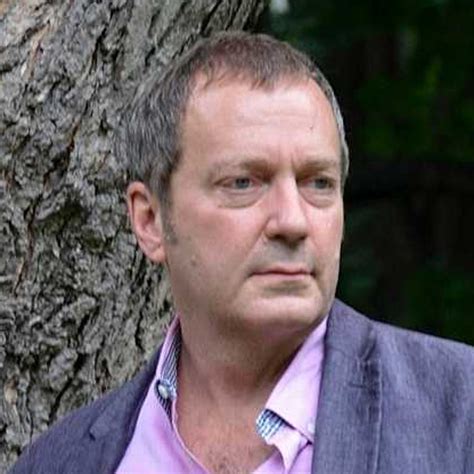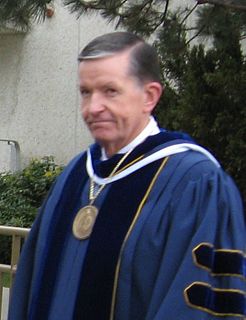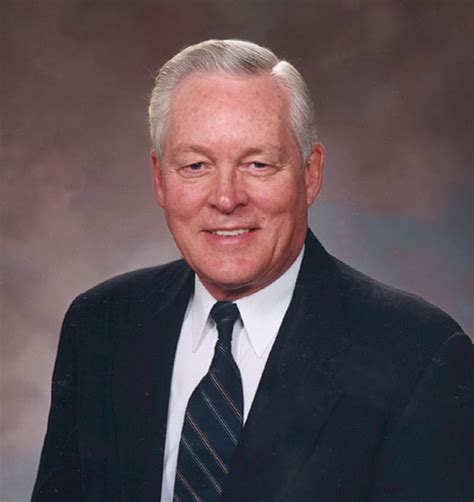A Quote by Noah Richler
McEwan's Atonement…truly dazzles, proving to be as much about the art and morality of writing as it is about the past…. The middle section of Atonement, the two vividly realized set pieces of Robbie's trek to the Channel and Briony's experiences with the wounded evacuees of Dunkirk, would alone have made an outstanding novel…. There is wonderful writing throughout as McEwan weaves his many themes — the accidents of contingency, the sins of absent fathers, class oppression — into his narrative, and in a magical love scene.
Quote Topics
About
Absent
Accidents
Alone
Art
Atonement
Channel
Class
Contingency
Dunkirk
Experiences
Fathers
His
Love
Made
Magical
Many
Middle
Morality
Much
Narrative
Novel
Oppression
Outstanding
Past
Pieces
Proving
Realized
Scene
Section
Set
Sins
Themes
Throughout
Trek
Truly
Two
Vividly
Wonderful
Would
Wounded
Writing
Related Quotes
What a joy it is to read a book that shocks one into remembering just how high one's literary standards should be.... a tour de force by one of England's best novelists.... Atonement is a spectacular book; as good a novel - and more satisfying... - than anything McEwan has written....sublimely written narrative.... The Dunkirk passage is a stupendous piece of writing, a set piece that could easily stand on its own.
The plan of salvation could not be brought about without an atonement... The atoning sacrifice had to be carried out by the sinless Son of God, for fallen man could not atone for his own sins. The Atonement had to be infinite and eternal to cover all men throughout all eternity. Through His suffering and death, the Savior atoned for the sins of all men. His Atonement began in Gethsemane and continued on the cross and culminated with the Resurrection.
have a much harder time writing stories than novels. I need the expansiveness of a novel and the propulsive energy it provides. When I think about scene - and when I teach scene writing - I'm thinking about questions. What questions are raised by a scene? What questions are answered? What questions persist from scene to scene to scene?
The Atonement of Jesus Christ and the healing it offers do much more than provide the opportunity for repentance from sins. The Atonement also gives us the strength to endure "pains and afflictions and temptations of every kind," because our Savior also took upon Him "the pains and the sicknesses of his people" (Alma 7:11). Brothers and sisters, if your faith and prayers and the power of the priesthood do not heal you from an affliction, the power of the Atonement will surely give you the strength to bear the burden.
Jesus Christ was the only one capable of performing the magnificent Atonement because He was the only perfect man and the Only Begotten Son of God the Father. He received His commission for this essential work from His Father before the world was established. His perfect mortal life devoid of sin, the shedding of His blood, His suffering in the garden and upon the cross, His voluntary death, and the Resurrection of His body from the tomb made possible a full Atonement for people of every generation and time.
One thing about having mostly absent parents that I think was perhaps "good" for the development of my intellect/writing is that I was given almost total freedom to read/write/look at whatever I wanted. I wonder a lot about how my past experiences, particularly my negative childhood (home life and being severely bullied/ostracized throughout school) as formed my/my thoughts/my writing, though I should also note those things were far from the only thing that had an impact on me/my writing.
Sometimes we say we want an end to hate or racism or sexism. But we all participate in keeping these structures alive. If everyone decided to relinquish the past what would happen to people who feel that there hasn't been proper atonement made to them? And what happens to the person who feels that the constant atonement is their identity?
I was a lot dumber when I was writing the novel. I felt like worse of a writer because I wrote many of the short stories in one sitting or over maybe three days, and they didn't change that much. There weren't many, many drafts. That made me feel semi-brilliant and part of a magical process. Writing the novel wasn't like that. I would come home every day from my office and say, "Well, I still really like the story, I just wish it was better written." At that point, I didn't realize I was writing a first draft. And the first draft was the hardest part.
Through the infinite Atonement, God has provided a means whereby we can both overcome our sins and become completely clean again. This is made possible by the eternal law of mercy. Mercy satisfies the claims of justice through our repentance and the power of the Atonement. Without the power of the Atonement and our complete repentance, we are subject to the law of justice.






































